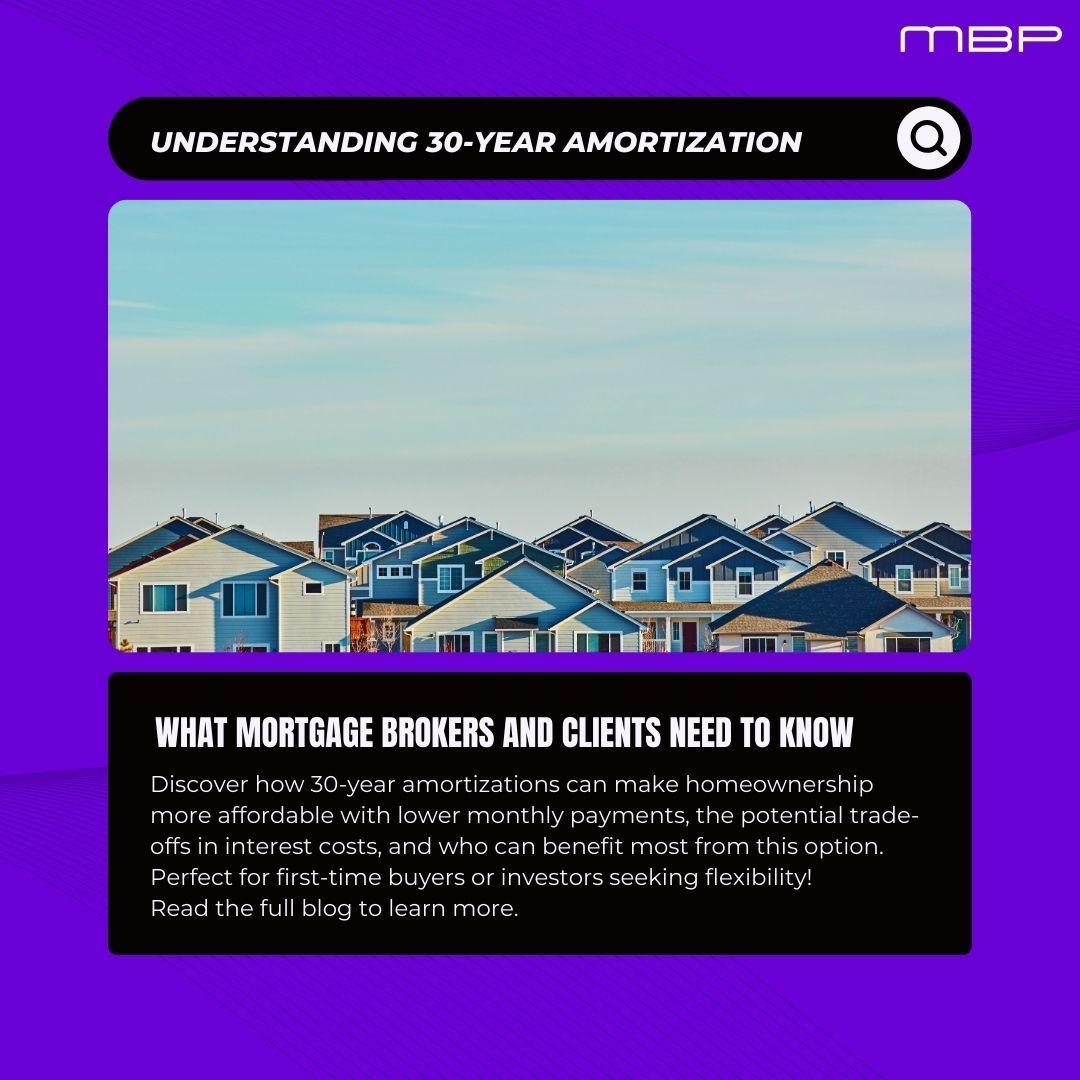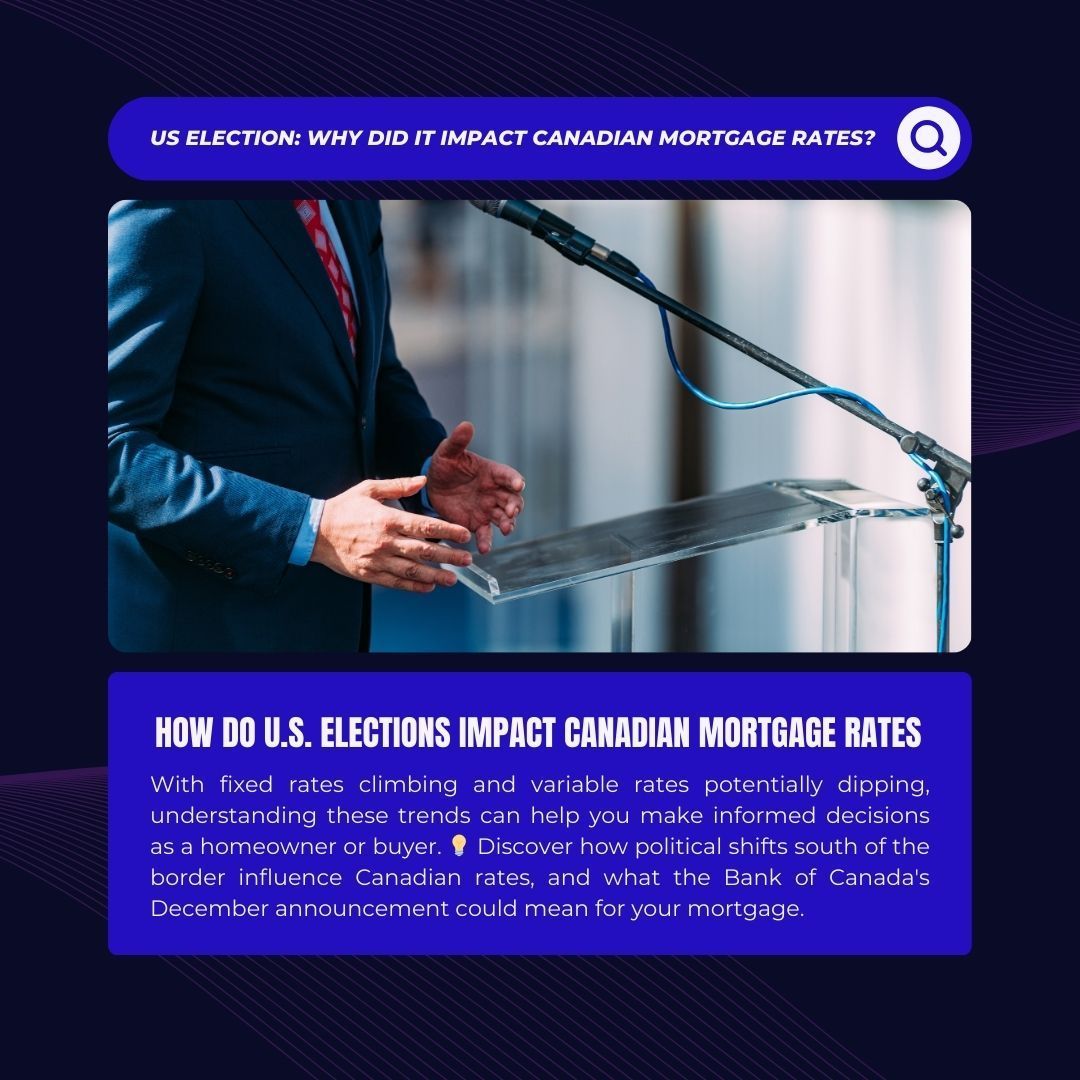Buying a Home in Canada: A Guide for Newcomers
Moving to a new country is a big step, and finding a place to call your own can make settling in even more rewarding. For newcomers to Canada, the journey of purchasing a home can feel both exciting and overwhelming. This guide is here to help you navigate the process of buying a home in Canada, providing a clear roadmap and essential tips to make your homeownership dreams a reality.

Canada Mortgage and Housing Corporation (CMHC), Canada's national housing agency, has been supporting Canadians, including new immigrants, in finding affordable and suitable homes for over 70 years. Their expertise and resources will be referenced throughout this guide to offer valuable insights.
Step 1: Determine Your Budget and Needs
Before you start house hunting, it's crucial to understand your financial capacity.
Determine What You Can Afford
- Consider all homeownership expenses: This includes not just the purchase price but also property taxes, heating costs, maintenance, and potential renovations.
- Consult Financial Experts: Lenders and mortgage brokers are specialists who can help you determine a realistic budget and pre-approve you for a mortgage.
- Use Online Resources: CMHC offers helpful calculators and worksheets on their website to assist you in estimating your maximum affordable home price and monthly payments.
Define Your Home Requirements
- Think about your current and future needs: Consider factors like family size, desired features, lifestyle preferences, and proximity to work, schools, and amenities.
- Explore different types of homes: Canada offers various housing options, from condominiums and townhouses to detached homes. Research the pros and cons of each type to find the best fit for you.
- Utilize CMHC Resources: CMHC provides comprehensive guides and checklists to help you define your ideal home features and compare different properties.
Step 2: Assemble Your Team and Start Your Search
Buying a home involves multiple professionals. Surround yourself with experts who can guide you through the process.
Find a Real Estate Agent:
- Seek Recommendations: Ask friends, family, lenders, or mortgage brokers for referrals to reputable real estate agents.
- Research Agents: Look at real estate listings, online platforms like www.mls.ca, or visit open houses in your preferred neighborhoods.
- Choose an Experienced Agent: "Real estate agents will listen to your needs, show you suitable homes to visit, and negotiate on your behalf to help you get the best possible deal," according to CMHC.
Get Pre-Approved for a Mortgage:
- Consult Lenders or Mortgage Brokers: Discussing your financial situation and getting pre-approved for a mortgage helps you understand how much you can borrow.
- Explore CMHC Mortgage Loan Insurance: If you have a limited credit history or a smaller down payment, CMHC's Mortgage Loan Insurance can help make homeownership more accessible.
- Mortgage Pre-Approval Benefits: "Pre-approval means that your lender commits to giving you a mortgage up to a specified amount, at certain terms and conditions, including the interest rate...That way, you know exactly how much you can spend on your new home".
Engage Other Professionals:
- Find a Lawyer or Notary: A legal professional will ensure a smooth property transfer and handle all necessary documentation.
- Consider a Home Inspector: A home inspection provides a detailed assessment of the property's condition, helping you identify potential issues before closing the deal.
Step 3: The Offer, Negotiation, and Closing
Once you've found a home you love, it's time to make an offer and navigate the final stages of the purchase.
Making an Offer:
- Work with your real estate agent: They will help you prepare an "Offer to Purchase," a legal document outlining the terms of your offer, including the purchase price, deposit, closing date, and any conditions.
- Include Contingencies: Conditions such as a satisfactory home inspection and financing approval protect your interests.
Negotiating the Offer:
- Be prepared for counter-offers: The seller may propose changes to your initial offer, leading to a negotiation process.
- Stay Informed and Seek Advice: Consult your real estate agent and lawyer throughout the negotiation to ensure a fair and favorable outcome.
Closing the Deal:
- Final Steps: On closing day, you'll finalize the purchase agreement with your lawyer, transfer funds, and receive the keys to your new home.
- Understand Closing Costs: Be prepared for additional expenses beyond the purchase price, such as legal fees, land transfer taxes, and adjustments for prepaid property taxes.
Building Your Credit History as a Newcomer
One of the challenges newcomers face when buying a home in Canada is establishing a credit history. Lenders rely on this information to assess your creditworthiness.
CMHC Offers Alternative Solutions:
- Insurers typically recognizes non-traditional credit history: They consider factors like rent payments, utility bills, and savings history when assessing your ability to manage credit.
Tips to Build Your Canadian Credit:
- Open a bank account and actively use it.
- Obtain and responsibly use a credit card.
- Pay all bills on time, including rent, utilities, and other recurring expenses.
The Benefits of Working with a Mortgage Broker
Navigating the Canadian mortgage landscape can be complex, especially for newcomers.
A Mortgage Broker Can Simplify the Process by:
- Providing expert advice: Mortgage brokers are well-versed in the intricacies of the Canadian mortgage market and can guide you through the different mortgage options available.
- Finding the best rates and terms: They work with multiple lenders, allowing them to compare rates and negotiate on your behalf to secure the most favorable mortgage terms.
- Saving you time and effort: Mortgage brokers handle the legwork of finding and applying for a mortgage, streamlining the process and reducing stress for you.
A New Chapter Begins
The journey of buying a home in Canada might seem daunting at first, but with the right information and support, it can be an incredibly fulfilling experience.
Here is a quick checklist to keep you on track:
- Determine your budget and home needs.
- Get pre-approved for a mortgage.
- Find a reputable real estate agent.
- Engage a lawyer or notary.
- Consider a home inspection.
By following these steps and seeking expert guidance, you can confidently navigate the process and achieve your dream of homeownership. Partnering with a trusted mortgage broker can make the journey smoother and ensure you're making informed decisions. "We were so excited to finally buy our own home in Canada," shared a family who recently purchased their first home with the help of a mortgage broker. "The broker made the process so much easier for us. We felt confident and supported every step of the way." Remember, your dream of owning a home in Canada is achievable. With the right resources, planning, and support, you can soon be settling into your new home and enjoying all that Canada has to offer.








All Rights Reserved | The Mortgage Centre - Elite | Privacy Policy
Website produced by Evolv Digital Marketing Inc.


